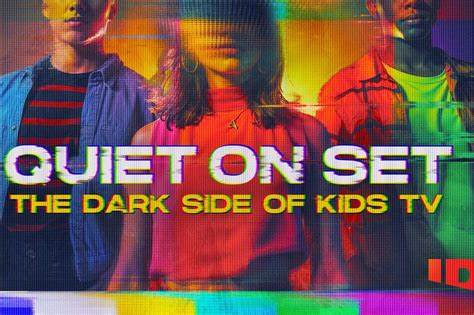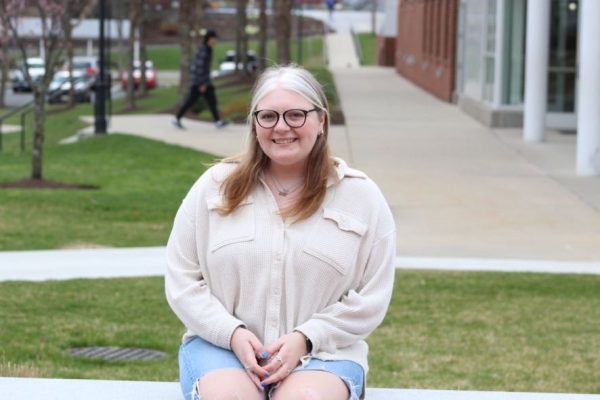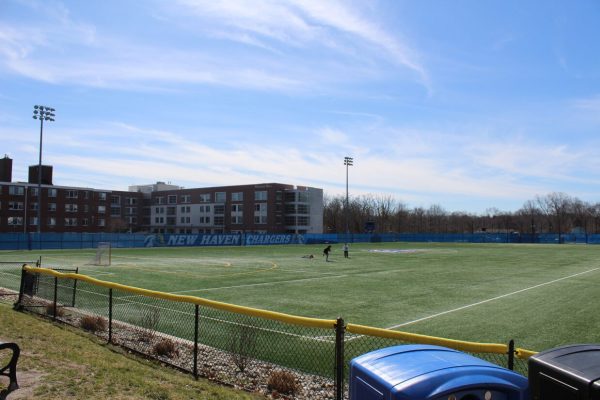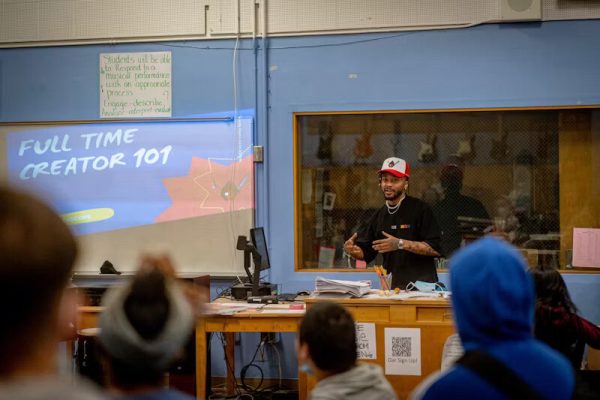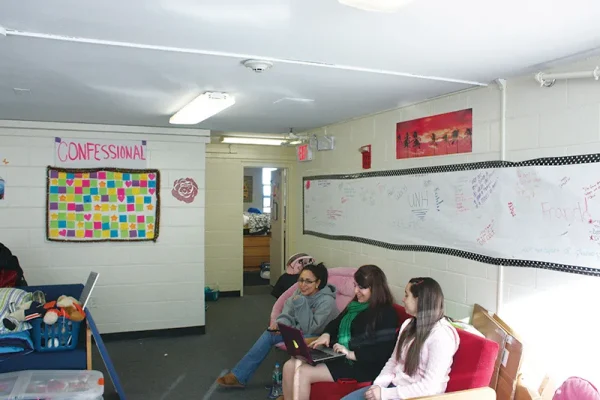Reevaluating Wikipedia: A champion of the free knowledge movement
In my sophomore year of high school, my biology class was tasked with completing a month-long group research project in which we competed against each other. On one particular day, we had to distribute our research materials to other groups, and one group made the decision to cite a Wikipedia article. This caused a group member of mine to rush to inform the teacher of the mistake in hopes to gain a leg up in the competition. It is moments like this that remind me of how deeply ingrained an inherent distrust of Wikipedia as a source of information is; however, this distrust might be misplaced.
Wikipedia is marketed as an internet-sourced “free encyclopedia” with sister sites providing access to free media, free learning tools, free data and more, all funded under the Wikimedia Foundation. The goal of the site is to provide free knowledge to anyone who wants it.
This is accomplished via viewer donations and volunteers who contribute to writing the over six million articles currently available. The content of these articles is constricted by the organization’s policy and guidelines, one of which is that all information in a Wikipedia article must be backed by another source that isn’t a Wikipedia article. Editors and contributors work together to monitor content and ensure accuracy.
The Wikipedia family is meant to be supplemental tools to learning. Despite this, the source is commonly vilified by individuals, regardless of political ideology or educational background. Upon its conception, full campaigns were launched to ban Wikipedia, including failed legislation that attempted to ban it from public schools. However, since this first reaction, Wikipedia is gaining popularity in both academia and the public.
While Wikipedia itself is self-proclaimed to not be a reliable source alone, it clarifies that the site is meant to bolster understanding or kick start someone’s research. Despite this proclamation of reliability, conversation surrounding the topic has recently surfaced following its 20th anniversary this year.
In two separate content analyses conducted on Wikipedia content, it was compared in reliability to sources such as Britannica and other well-respected information providers. Educators at the University of Pittsburgh and the Massachusetts Institute of Technology have promoted Wikipedia as a source of information not only for their students to use, but also contribute to, assigning their chemistry students to fill gaps in Wikipedia articles. Evidence also suggests that the scientific community is using Wikipedia as a method of reaching a more colloquial audience, outside of the context of paid-for academic journals.
Wikipedia is one of the most transparent sources available to the average person with self-publishing statistics on articles, editors, article traffic and more, complete with tables and figures to make it easily digestible. The course is also constantly campaigning to improve its level of information, relaunching its #1Lib1Ref campaign, calling on librarians to edit and add references to articles on the site.
While Wikipedia citations may not have a place in peer reviewed journals or submitted school papers, it is time that we stop shaming people for its use. Rather, it should be promoted as a great place to start your learning journey and spark natural curiosities. To expect everyone to have the time and means to engage in solely scholarly research is not only preposterous, but is also an innately classist mentality meant to gate-keep who is allowed to have a voice.
There is a fine line between expecting people to be well-read and making conversations inaccessible. Wikipedia’s contributions to the free knowledge movement and ever enduring push for self-improvement show it to find this line by making information acquisition and distribution accessible to all.
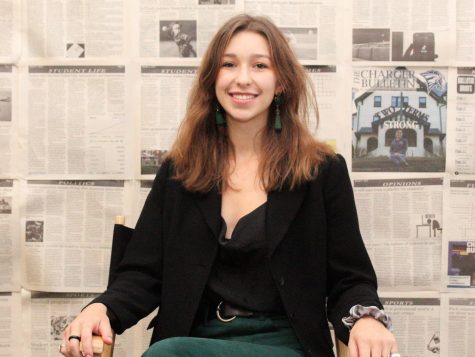
Isabelle Hajek is a senior at the University of New Haven majoring in psychology with a concentration in forensics and a double minor in criminal justice...


